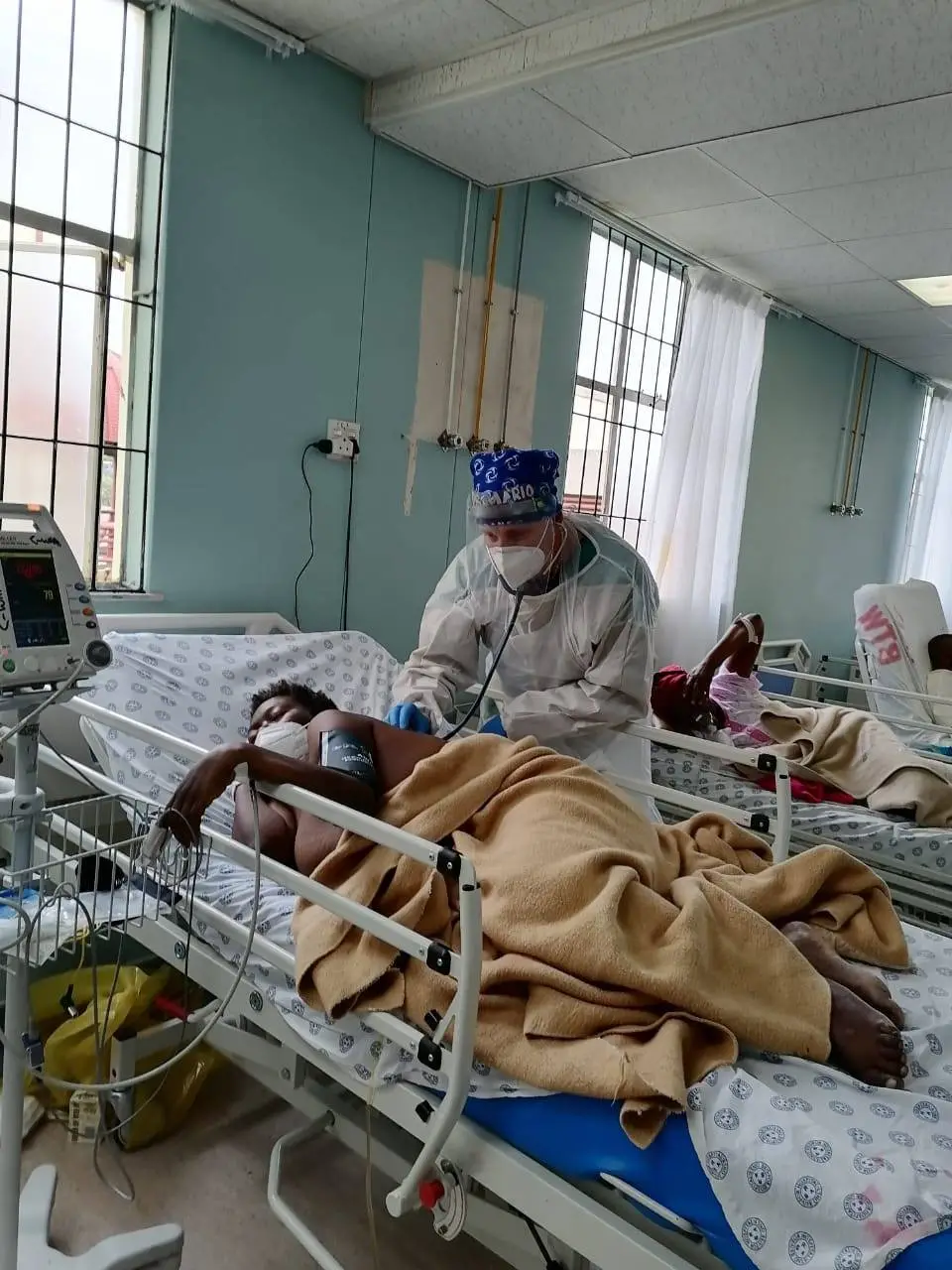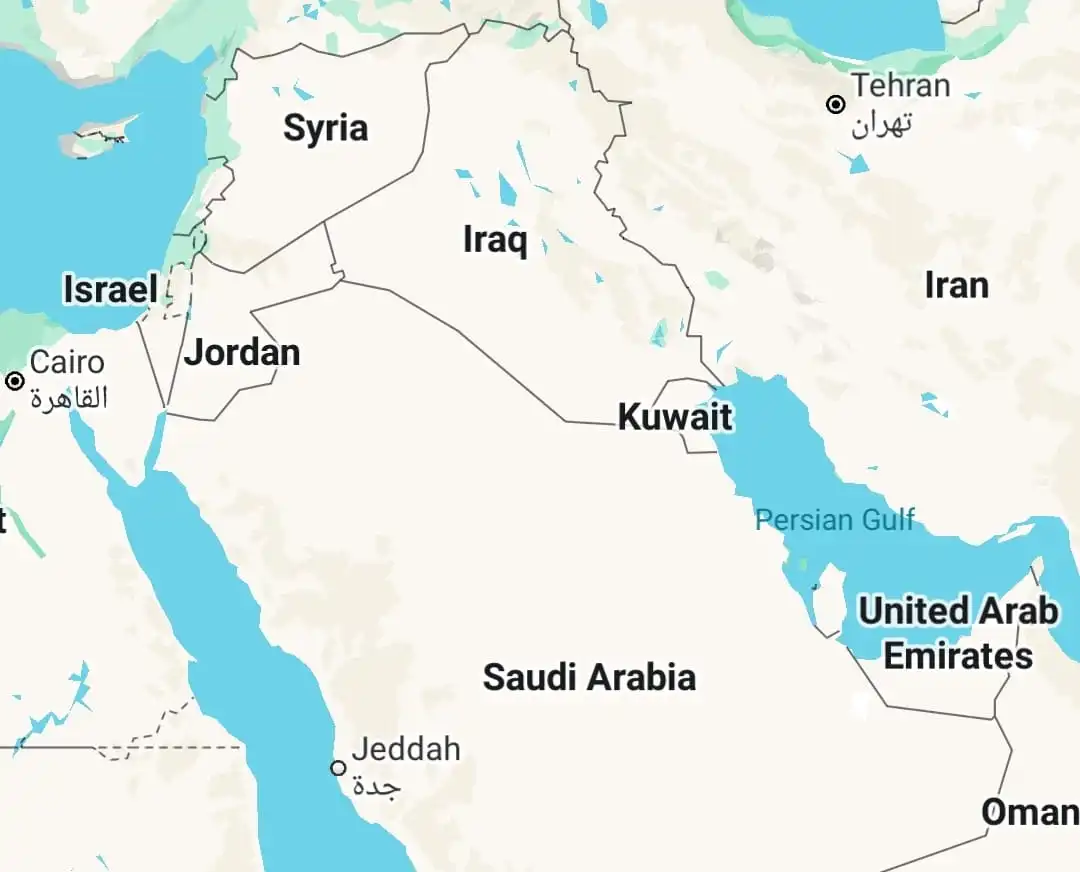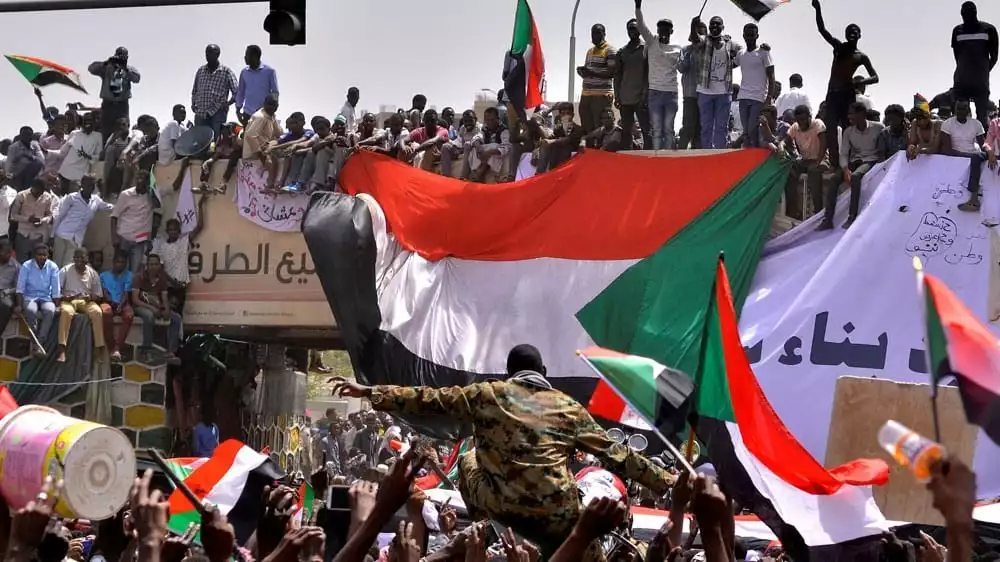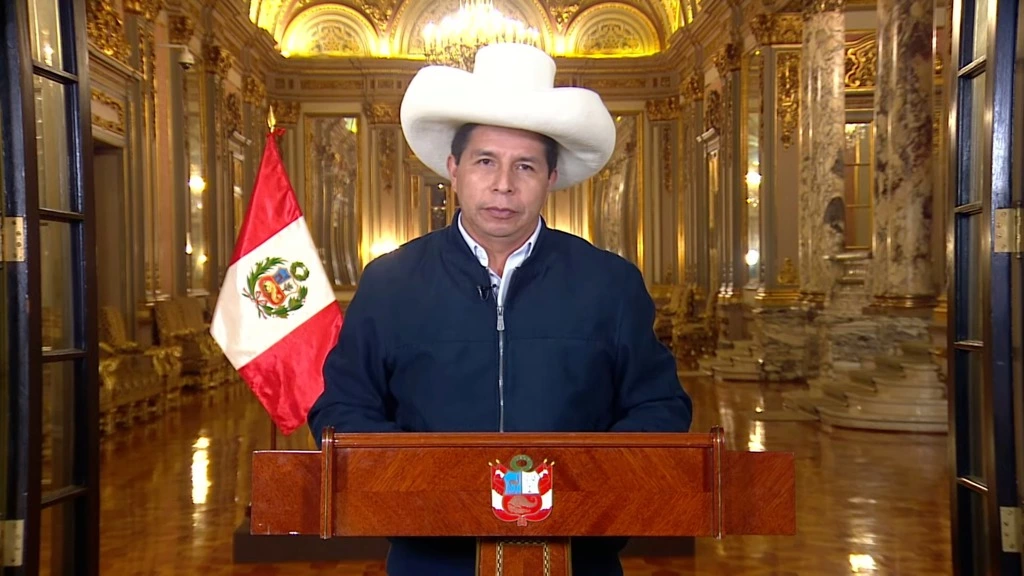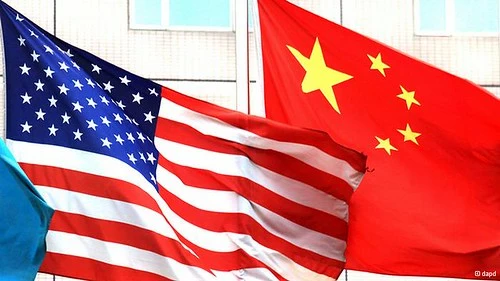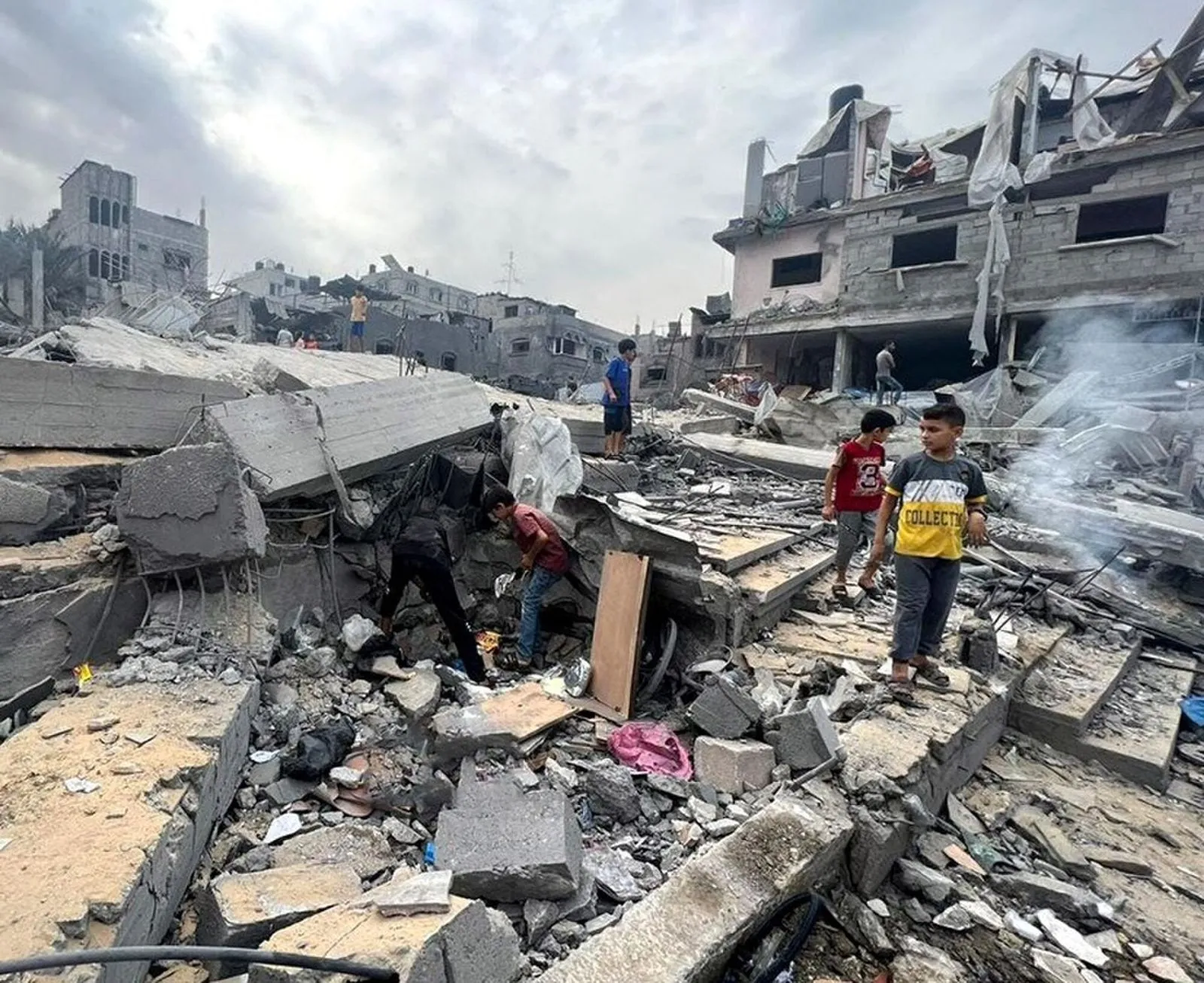The Covid-19 pandemic was a wakeup call for Africa and the entire world - to innovate and change many archaic ways of doing things. This guarantees minimum impact on workforce and the entire populace in the face of sudden monumental lockdowns and other events of coordinate proportion.
When the Human Immuno-deficiency Virus took the world by storm, Africa was not left out in the global search for panacea. Many African orthodox and unorthodox medical practitioners including Nigerian Dr. Jeremiah Abalaka, and then President of The Gambia, Yahya Abdul-Aziz Jammeh, claimed to have found the remedy for the dreaded virus. Whether real or imagined, verifiable or wild claims, there were efforts at demystifying the scourge even in Africa. It is quite instructive that since the Covid-19 pandemic, there have been fewer claimants from Africa or any serious vaccine testable in a laboratory coming from the continent. The reason for this apathy is due to a paradigm shift continentally. Political instability, corruption, insecurity, insurgency and outright terrorism have taken a heavy toll on Africa. The emerging decade would be tough on Africa and Africans if the leaders of the continent fail to innovate and adopt sweeping radical changes. You either swim with the current or disappear with the waves.
Africa cannot be sustainably managed at the pace of today. What with mounting debt profile and monumental sleaze. What with non-existent research centres and near-zero development plans. What with widening rich-poor gap and high rate of insecurity.
Nigeria as a microcosm of Africa has comfortably maintained a mono-economy that is crude oil dependent, refusing to diversify effectively, restructure its polity to suit country’s overwhelming reality and stockpiling debts from China and elsewhere with no feasible pay-back plans, heading towards a cul-de-sac. For Nigeria and the entire Africa, it is time to embrace comprehensive changes. Let us examine few critical indices:
Democratisation : Except for eSwatini and Morocco, almost all other African countries are functional democracies – but only on paper, as democratic tenets are far from the reality. Autocratic reflexes and corruption are deeply entrenched in the various polities, the people’s will is subverted via election rigging in a scale that must boggle the discerning mind. This unchecked manipulation evidently breeds government insulated from the people. True democratization is the first imperative of development. Government ushered in through the supremacy of the ballot is constantly in tune with the feelers of the electorate. Africa must embrace true democracy to be relevant in the emergent dispensation.
Population Control : It is quite ridiculous that economic plans are carried out with fictitious population figures. The growth rate in Africa is far above projections and there is no citizen sensitization on control measures.In Nigeria, the last census in 2006 was marred by official interference from inception and only yielded a calibrated figure.Without accurate census it is almost impossible to plan effectively.
GOOD GOVERNANCE : Good and inclusive governance is the panacea for peace, development and economic advancement of the continent. Corruption, nepotism and autocratic governance have reduced Africa to a global epicenter of civil wars, unescapable poverty, epidemics and pockets of insurrections, insurgency and terrorism.
Strong Institutions : There should be a conscionable effort to strengthen democratic institutions in the various African States. The strongman scenario is evidently counterproductive. The institutions of state should and ought to be stronger than any individual. In Israel, former President Ehud Olmert was jailed for accepting bribes and obstruction of justice; former Brazilian President, Lula da Silva also served term for about eighteen months. This is an unimaginable situation in Africa apart from South Africa where serving and former presidents have been known to be indicted. Like former President Thabo Mbeki who had to resign following indictment and former president Jacob Zuma.
Human Rights : Human rights protection should be prioritized in Africa. The various Governments should be more tolerant of opposition and criticism. Any country without active and participatory citizenry is almost always irresponsibly governed. Constructive criticism ought to be encouraged and not stigmatized with citizen rights trampled upon irresponsibly. International watchdogs like the International Criminal Court (ICC), Amnesty International (AI) should do more than mere observatory. The rate of abuse of human rights across Africa is unacceptably high.
Curbing Terrorism : It is a fact that the demographic impact of terrorism in Africa will shape future economic prospects. In Nigeria where the radical Boko Haram sect has devastated the Northern part of the country, the government counterterrorism measures seem very fraternizing, inadequate and unproductive. Foreign investment in an atmosphere of gross insecurity is impossible. The various governments have the imperative of curbing terrorism by all means necessary. Terrorism is not easily uprooted by conventional warfare – even surefooted countries are still combating various terror cells. But there are various means of isolating the causatives with appropriate remedials. What are the grievances of the terrorists? Are there sponsors and what is their identity and motivations? Where is the weapon and food supply? What is the strength and location of the group? Is foreign aid necessary in combating them or are local soldiers and vigilantes up to the task? What is the country’s military budget and how adequate is it? Are troops motivated well enough to sustain their tempo of counter-operations? Are military top brass in cue with the rank and file or are there trust issues? Are measures so far effective or is improvement or overhaul necessary? These and many more questions are important in the appraisal and reappraisal of Counterinsurgency and terrorism efforts. Anywhere the government is insincere or has turned insurgency into a political tool, it is impossible to make any headway.
Others : Economic diversification is very important in the next decade. The world is fast evolving new indices and parameters of development. Africa must stay afloat by following the shifting tides. Natural resources like crude oil and minerals have sustained Africa. But these are nonrenewable and depletable. From South African Gold mines to Namibia’s Diamonds, from Crude oil in Nigeria and Angola to Bauxite in Guinea and Ghana; from Copper in Zambia and Egypt to Steel in Libya and Algeria. Africa should embrace and export Information and Communication Technology (ICT), innovate, build and encourage research into topical and projected world issues like in other continents; Africa must embrace industrialization and increased and sustainable agricultural practices like agro biotechnology. Africa must ensure end to gas flaring by multi-nationals in their territories which had been stamped out in most developed countries. The new decade should be one of low-carbon, climate-friendly technologies and health innovations. The world is rapidly evolving and marching forward, African should leave the borrowing mentality and grow to become lender and exporter nations.
